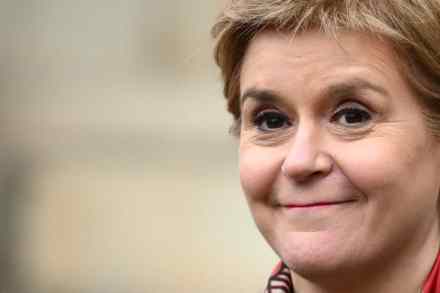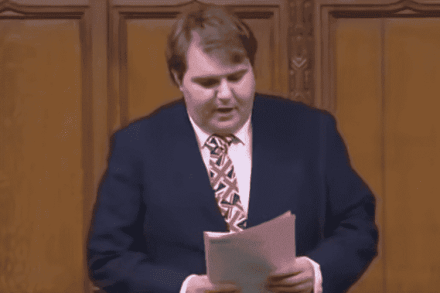Sturgeon’s face mask hypocrisy
Why is it that the Scottish government’s Covid restrictions permit people to attend a packed pub or nightclub without a face covering but require one in a place of worship? It’s a question to which there is no obvious answer, not least because Nicola Sturgeon herself is content to sit in a church without one, as she did during the Duke of Edinburgh’s memorial service in Westminster Abbey this week. Thankfully, the First Minister announced yesterday that this inconsistency will be coming to an end. As of Monday, it will no longer be a legal requirement to wear a face mask in a church, mosque, synagogue, mandir, gurdwara or other places of




















